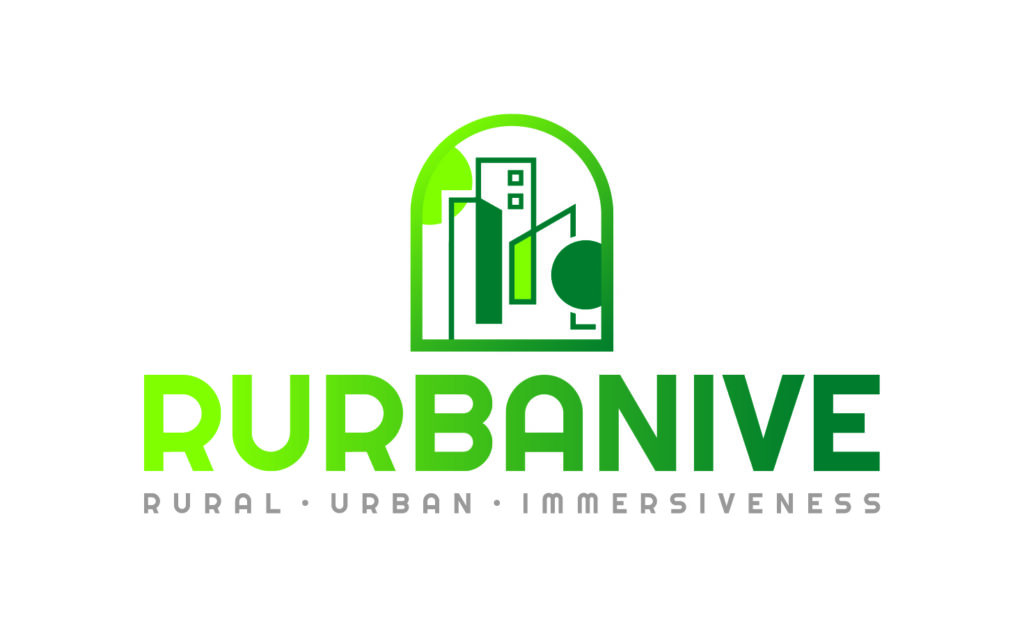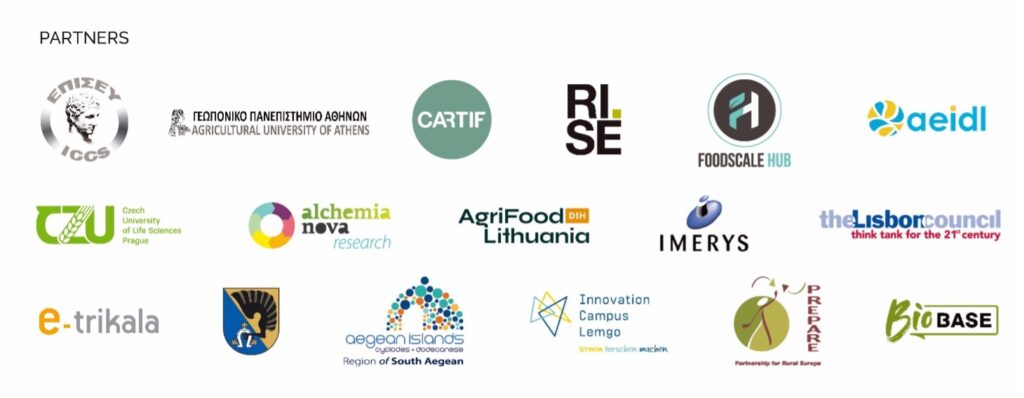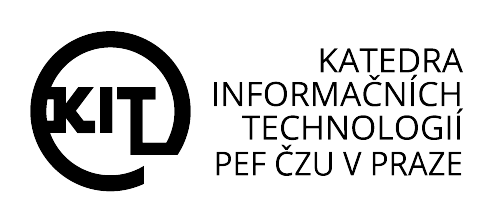RURBANIVE project bridges rural-urban social and technological divides
Embarking on a transformative journey, the Horizon EU project “RURBANIVE”has been officially launched, led by a consortium of experts, this ground-breaking initiative seeks to revolutionise the dynamics between urban and rural areas through the power of immersive technologies and innovative strategies, engaging a diverse range of stakeholders, including citizens, civil authorities, policymakers, and other actors fostering knowledge exchange and innovative solutions.

In response to global challenges such as economic downturns and the pandemic’s impact, RURBANIVE aims to address regional inequalities. At its core is the creation of a dynamic community store, serving as a hub for experimentation, innovation, and co-creation, fostering bi-directional urban-rural synergies. Exploiting the endless capabilities of Extended Reality, RURBANIVE will develop six Rural-Urban enablers - innovations in six domains known to favour bi-directional urban-rural synergies and a well-being economy.
Co-creation Labs with tech innovations all over Europe
Throughout the project, seven Rural-Urban Co-creation Labs in diverse geographic and socio-cultural contexts will be outfitted with social and technological innovations. Two of them will take place in Greece: one on the island of Milosaddressing low diversification of ecosystem restoration and integration with agriculture, and one in Trikalaaddressing areas underserved by public transport and unsustainable cultural tourism. The lab in Lower Austria will attempt to deal with transporting resources from rural areas and the economic stagnation, focusing primarily on circular bio economy and improvement of the supply chain. The lab in Prague - Suchdol will cope as well with the improvement of logistics, shortening the value chains, nurturing user engagement, and raising society and territorial awareness. Burgos province in Spain will also be one of the co-creation labs’ locations, addressing rural depopulation and sustaining cultural tourism. The Rural-Urban Cocreation Lab’s main challenge in the City of Lemgo Germany) is commuting to work and engagement towards business opportunities, while the lab at Kedainiai municipality in Lithuania will address low innovation, institutional thickness, and a city-centric regional outlook.
Fostering synergies through a Community Store
Project RURBANIVE aims to provide the required technical and economic solutions, covering a representative variety of European rural areas to facilitate the design of positive governance frameworks and policy interventions for rural communities. In such an immersive environment, end-users can create, co-design, co-create, and engage with others while challenging their status quo, where alternative ideas and opportunities become real. The envisioned community store will contribute towards:
- Improving logistics and shortening value chains (towards climate neutrality);
- Ecosystem restoration and biodiversity (preserving ecosystems);
- Circular economy (environmental quality);
- User involvement, empowerment and social and territorial awareness (social well-being, rural jobs and growth as well as development prospects);
- Culture, landscape and heritage access and promotion
- Enhanced mobility;
Digital space of Community Store ”, which is the prominent result of the project, will integrate the enablers along with the “Community of Practice Suite” of Policies, facilitating rural and urban communities to create strong synergies supporting online interaction, dialogue, collaboration, and participation of rural-urban actors and stakeholders. Together, they will enable rural-urban interactions through enhanced social connectivity, cooperation, and instant realisation. Participatory processes will support dialogue and cooperation and enable stakeholders to assess and evaluate processes and future scenarios that contribute further to the development of synergies and recommendations.
As stated by Dr. Amditis, Project Coordinator and Director of Research and Development at ICCS/NTUA: “RURBANIVE is a research project that combines social and technological innovation, and it is an honor for our institute to lead it. Our consortium envisions a future in which rural areas are immersed and involved in technological advances, no longer left behind by embracing and adapting urban advances to rural realities. The opening meeting of the RURBANIVE project showed the commitment of the project team focused on the successful implementation of our plan."
Project RURBANIVE was officially launched on February 15 and 16 in Athens and brings together a total of 17 partners from 8 different countries. The consortium includes Institute of Communication and Computer Systems (ICCS) as a project coordinator, further Agricultural University of Athens (AUA), Fundación CARTIF, RISE Research Institute of Sweden, Foodscale Hub (FSH), European Association for Innovation in Local Development (AEIDL), Czech University of Life Sciences Prague (CZU), Alchemia-nova research and innovation (ANRI), AgriFood Lithuania (AFL), IMERYS, The Lisbon Council for Economic Competitiveness and Social Renewal (LC), Trikala Municipality (e-trikala), Kedainiai District Municipality (KDM), South Aegean Region (SAR), Innovation Campus Lemgo (ICL), Partnership for Rural Europe (PREPARE) and BioBASE.
CZU will set up a rural-urban co-creation lab bringing together food producers, consumers, university and school students, entrepreneurs, and policymakers to deliver the latest know-how in food processing and production, information about financing opportunities and emerging business opportunities, and information on how to innovate food products with state-of-the-art processing technologies (primary producers). This will include increasing consumer awareness about the benefits of consuming locally produced and processed agri-food products and delivering information about how the shortening of the value chain can enable access to quality and healthy agri-food products. CZU will develop a digital platform to deliver four online courses accompanied by immersive digital campaigns and enable interactions among the stakeholders. The team will develop an innovative business model to sustain the online courses and workshops and contribute to disseminating and exploiting project results. It will also contribute to policy recommendations.
By using immersive technologies, the project seeks not only to address existing inequalities, but also to pave the way for a sustainable and inclusive future for all.
Instrument: Financing by the European Commission
Budget: €5,495,530.00
Duration: 4 years, 2024-2027
Consortium: 17 partners from 8 countries
Project coordinator: Dr. Angelos Amditis, Institute of Communication and Computer Systems (ICCS), Ir. Politechniou 9, Zografou 157 73
Project communication: George Papapostolou, Foodscale Hub Greece, L.SOFOU 20, 57001 Thermi, Thessaloniki, Greece
Funded by the European Union. However, the views expressed are solely those of the author(s) and do not necessarily reflect the views of the European Union or the European Research Agency (REA). Neither the European Union nor the supporting body can be held responsible for them.


